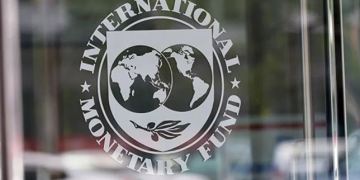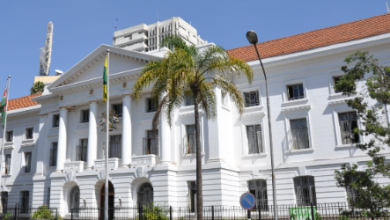IMF Approves Disbursement of US$ 569 Million to Zambia

The IMF Executive Board completed the third review under the 38-month Extended Credit Facility (ECF) Arrangement for Zambia and approved an augmentation of the arrangement, providing Zambia with immediate access to about US$569.6 million.
The approval brings Zambia’s total disbursement so far under the ECF-supported program to about US$ 1.1 billion.The program supports Zambia’s home-grown Eighth National Development Plan that seeks to entrench macroeconomic stability, attain debt and fiscal sustainability, enhance public governance, and foster inclusive growth to improve the livelihood of the Zambian people, especially the vulnerable.Zambia is grappling with a severe drought that has significantly impacted agriculture and electricity generation, affecting a substantial share of the population.Zambian President Hakainde Hichilema in February declared the drought a national disaster and appealed for international aid two months later, with the nation facing a US$ 900 million shortfall this year because of the severe weather.
The drought has stoked already high inflation, which accelerated to 14.7% in May, the highest rate in more than two years. Consequently, growth projections for 2024 have been revised down to 2.3 percent, from 4.7 percent, and the 2024 budget has been revised to accommodate the drought’s impact.
“A tight monetary stance until inflation declines toward the Bank of Zambia’s target range would help anchor inflation expectations. Reserve accumulation and sustained exchange rate flexibility remain critical to address external shocks. Financial sector reforms are important to foster financial stability and inclusion,” said Ms. Antoinette Sayeh, Deputy Managing Director, and acting chair,
Last week, the IMF Executive Board also completed the third review of the Extended Credit Facility (ECF) for Tanzania, allowing for an immediate disbursement of about US$ 149.4 million for budget support.
According to World Bank, Tanzania’s economy, which relies on tourism, mining, agriculture and manufacturing, has remained resilient in the face of back-to-back extreme weather events and climate change, driven by a surge in the services sector.
See Also:
Why Is the IMF Writing Kenya’s Finance Bills?
ADVERTISEMENT



